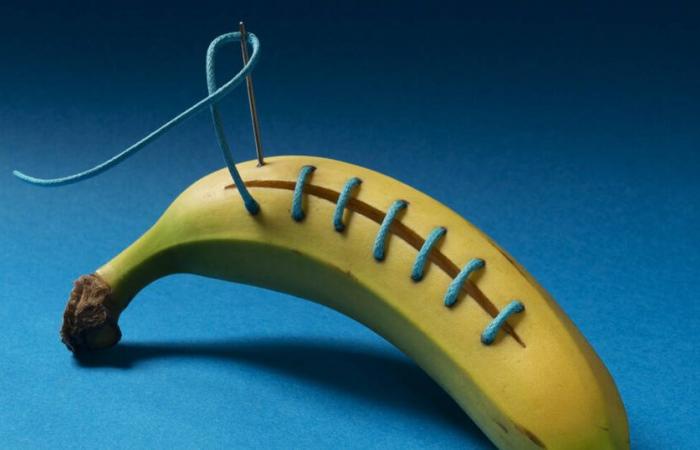Movember
Article reserved for subscribers
Treatments for prostate cancer – the most common in men – can cause sexual and urinary problems. Faced with these adverse effects, patients feel affected in their masculine identity.
Stéphane was 50 when he was diagnosed with prostate cancer at the beginning of 2024. The morning of the announcement, he was haggard, as if his mind were “20 meters from [s]we body”. “Do you still want to have children?” his urologist asks him. Already the father of two daughters and a son, he answers in the negative. The doctor then strongly advised him to have a prostatectomy. A prostate removal that his father, who died of generalized cancer, had refused. He accepts. “At the time, I was unable to assimilate the consequences of the operation on my daily life, I only wanted to live, he remembers. Today, I have resigned myself to being only half a man.”
Prostate cancer affects nearly 60,000 people in France each year, like Stéphane. Which makes it the leading male cancer – and the third leading cause of cancer death in men. However, as the Movember movement, dedicated to raising awareness of male diseases, reminds us every November, if it is detected early, it has a very high survival rate: 93% of men are still alive five years after detection. of prostate cancer, according to data from the National Cancer Institute. “Nowadays, the majority of prostate cancers are well treated, n
Health






